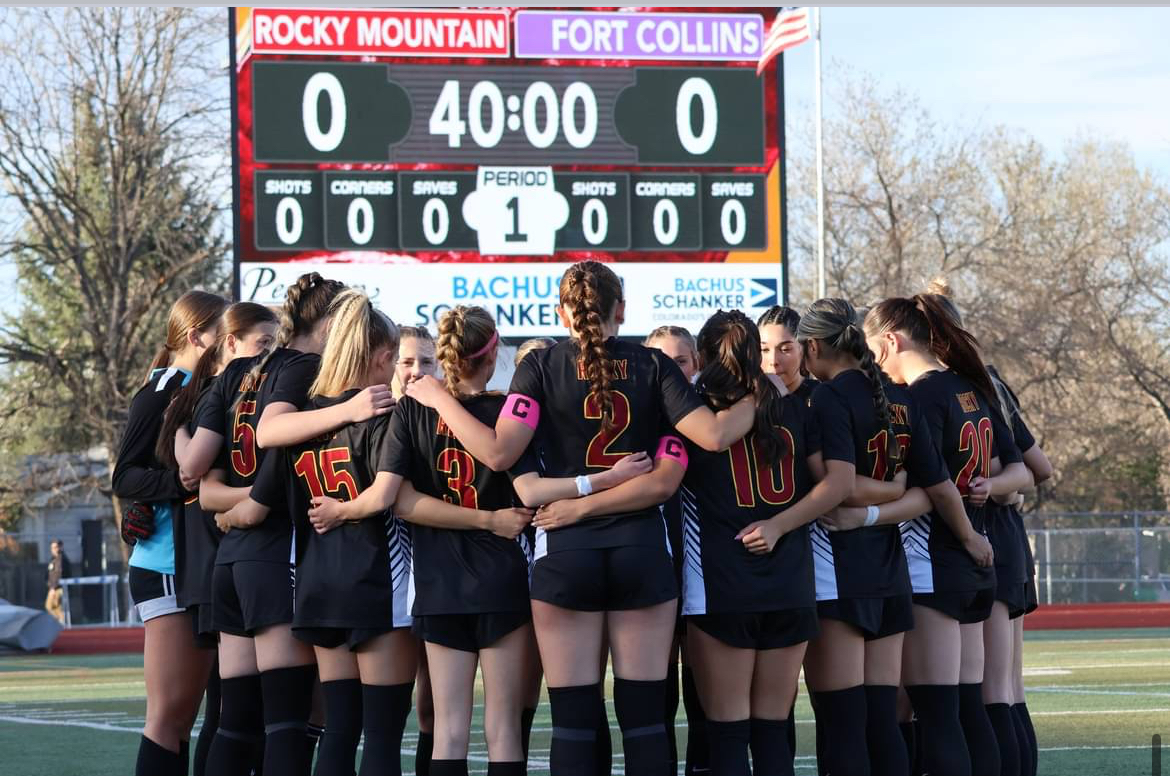It feels like every other week we hear about some product that was prematurely released. It’s always followed by the totally surprising statistic that it flopped. We’ve all seen it before with movies, games and other pieces of media being pushed super fast production wise either leading to a catastrophic cancellation or the reality of a poorly written and unfinished product.
Either spurred on by companies being too ambitious or the opposite with what they want to do, playing it safe or running out of stamina before the race ends, The worst part for the audience is that it always feels like a spit in the face. A great modern example is between the movie and games industries which both have the issue of being too “samesy” or too unfinished even to be sold as a product.
A great example of safety within the industry is most post-MCU superhero films. I can’t be the only one who notices not only the drop in quality of stories, but also the increasing complexity and exhaustion that is brought by every new Marvel movie, every quarter or two.
The real question is how many times can the world be at stake until you realize that the reason why people actually like superhero movies is because of characters. Like, cool, the whole universe is at risk, but the man that the whole movie is about is incredibly shallow as a character and is extremely hard to feel anything for.
Another reason why a lot of these movies feel cheap is because of unearned fan service. For instance, “Spider-man: No Way Home.” Instead of writing a decent Spider-man movie, they’ll just introduce the multiverse, which when the movie came out wasn’t a revolutionary idea, to put in cameos from previous Spider-man. I guess it’s interesting. Ever since “Endgame,” bending the rules of the universe has become more of a writer’s excuse for spectacle.
The writers for this movie, which spoilers if you haven’t seen all the MCU-Spider-man movies and Endgame, used the whole “this is just how things are” excuse for the major plot points including the death of Peter’s aunt. The idea was this was his Uncle Ben moment, but it makes no sense. Not only has Peter sacrificed all of his social life by the end of the first film, he also sacrificed his public after saving the world and everyone treats him like he’s a murderer after the framing by Quentin Beck in the second film “Far Away From Home.”
So what sacrifice moment does Peter need to have here? He has experienced loss and sacrifice, especially loss within the death of Tony who was his only mentor. Did these writers even watch their movies?
The rest of the movie doesn’t really matter, but it was basically just made for, look you remember this guy? Yes, I do, and his movies were way better than this one.
There are opposite approaches that have the viewer face-palming. The feeling of What were we doing? Consider “Game Of Thrones,” an overall well-written and consistent show that some consider a prime example of great television, until near the end of the show where it feels like they put too much weight on what needs to happen for the plot to progress. Another thing that didn’t help the consistency of the writing is how they caught up to the source material that was still being wrapped and finished by George R.R. Martin.
The show started to develop inconsistencies around the end seasons to catch up to the vision that the writers probably had. In the earlier seasons, traveling between places felt like a long laboring task, but as the show progressed into uncharted territory, it felt more and more that these things that were framed as a long and grueling process had become a game of quick travel.
The course of the series had changed, and it led to them flubbing the ending. In this case, something like patience would have obviously helped the writers come up with a more rewarding and in character and universe ending. Even if they didn’t want to wait to catch up to the book, they needed a little more dedication to the writing process and other aspects.
A great example of a company that dedicated themselves to fixing a product that they had also been so ambitious on that it was almost impossible to meet the deadlines that their shareholders or executives had is long-form content game “Cyberpunk 2077.” It was released in December of 2020 and to say it had a bad release and reputation upon release would be underselling the many issues with this game in 2020: glitches, bugs, save-destroying worthy bugs, also a lot of gameplay flow choices made the game feel very bloated and weighed down.
A key example here is the exercise of patience in getting a fully finished product after the release date had hit. CD Projekt RED, the game’s maker, made several announcements that they would stick with the project to evolve the good aspects and eliminate the bad aspects to deliver the product they had been promising fans for seven years.
Through shareholder opinion and expectation, players got another situation of an unfinished or lackluster product that was released just to cash out at the beginning of this ordeal. By the end, in 2023, the game was in a fully finished state with free updates that changed the game from a corporate cluster of mistakes and bugs to a fully finished and functional product that served the consumer very well.
The key characteristic that CD Projekt RED showed in fixing the game for free over three years since the release date is patience, which a lot of companies won’t do, like Marvel in setting up more interesting plotlines and same with the HBO and “Game Of Thrones” and its unfinished ending.
If these companies took a step back to think about what they could do to benefit and reward those who watch or consume their content, maybe we wouldn’t hear the, “New thing came out, it was bad and it flopped” so often.








